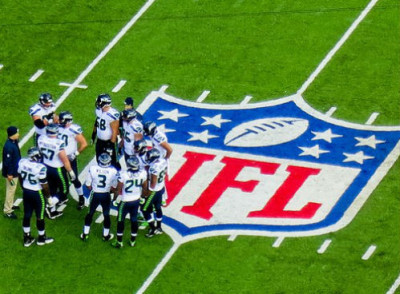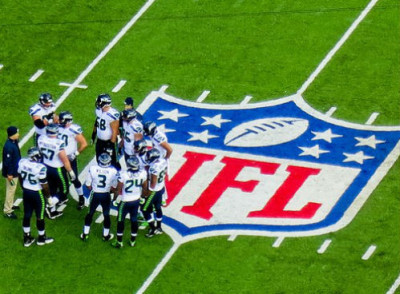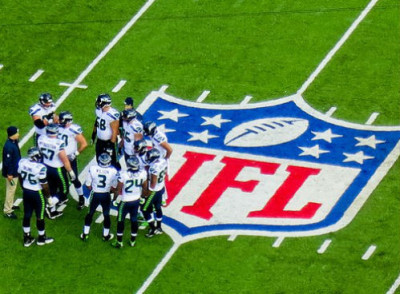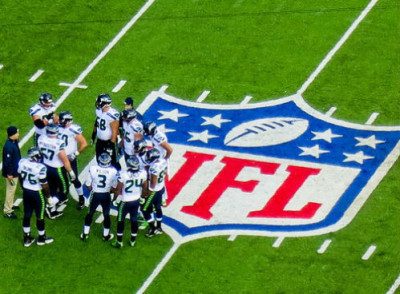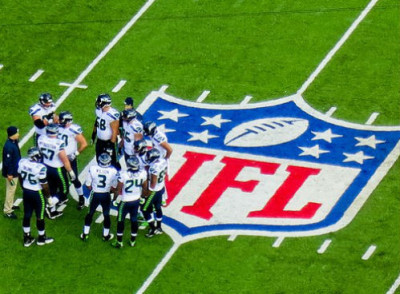American sports fans, in particular, love big data, and analyzing every quantifiable aspect of a team’s performance is as much a part of the game as turning up to the field on game night.
Taking Sunday’s NBA game between the Golden State Warriors and the Minnesota Timberwolves as an example, there are 22 different data sets just for the Wolves’ small forward, Andrew Wiggins, inclusive of rebounds, points, assists, and time on the court. Consequently, player averages and win streaks become tools for predicting the outcome of future games.
But does big data really offer sports fans – and sports betting fans in particular – an advantage over people who like to make their predictions at random?
Sports betting
The applications of big data in sports betting are obvious – learn as much as you can to maximize your chances of success, whether you like to wager on daily fantasy sports, NFL, or ice hockey. However, there’s evidence to suggest that using big data alone to predict the outcome of sporting events is an inexact science.
For example, Michael Beuoy, writing for casino and bingo website, bgo, indicated that bookies have a 66% chance of picking the winner of an NFL game – and have done for the last 16 years. Put another way, in the era of big data, the success rate has only increased by 0.2%, a margin that’s small enough to be a simple error.
Conversely, the Chinese search engine Baidu predicted the results of the knock-out round of the 2014 World Cup with 100% accuracy using big data. It’s not the incredible statistic it seems though; factoring in their number of successful guesses in the group stages returns a figure of 68% (44 correct predictions from 64 games), which is roughly the same as bgo’s statistic above.
Super bowl
So, what does that mean? A two in three guess rate is still better than most people could manage, but it may be the limit of what’s possible with big data, simply due to the number of uncontrollable elements (injuries, weather, substitutions, etc.) that are at play on the sports field. There’s also the concern that not all data is valuable and may actually reduce the possibility of a successful prediction.
A good example of the above is penalties per game in the NFL. Penalties are negative but they have no bearing whatsoever on a team’s overall performance. For example, the Seattle Seahawks featured in the 2013 and 2014 Super Bowls yet picked up more penalties than any other team in the NFL on both occasions.
Having said that, surplus statistics are not necessarily a bad thing; big data is directly responsible for the rise in things like betting on clean sheets in soccer, one of 18 different markets offered by UK company, BetStars, on La Liga games. Grosvenor Casino takes this approach to its logical extreme by allowing fans to bet on individual players to hit the post or crossbar with a shot.
Ultimately, big data is one of the more colorful aspects of sports, but it could be argued that the wealth of statistics has come as a detriment to making an informed decision, with things like steals in basketball having the potential to confuse matters. There’s still a lot to be said for big data in a betting environment focused on microtransactions and niche markets, however.


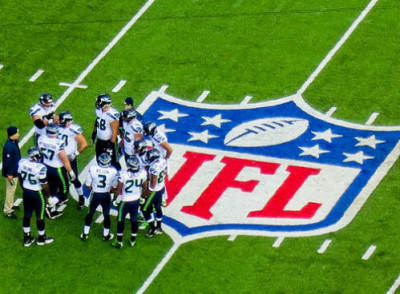
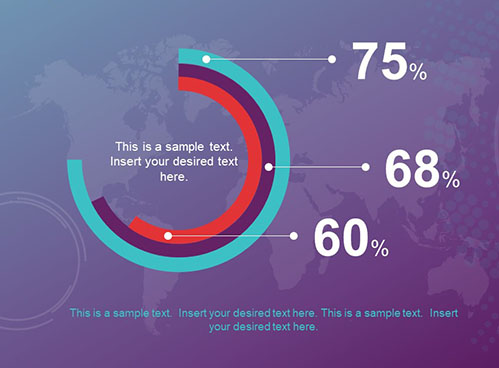
![Poker & AI: The rise of machines against humans [Infographic]](https://crayondata.ai/wp-content/uploads/2022/05/artificial-intelligence-2-2.jpg)


